Ethiopia
The chairwoman of Ethiopia's National Election Commission (NEBE), Birtukan Mideksan, an imprisoned former opposition politician who had held the post since December 2018, announced on Monday that she had tendered her resignation for health reasons.
"Needing a long rest to take care of my health, I submitted my letter of resignation on June 12 to the office of the Speaker of the House of People's Representatives (lower house of parliament, ed. note) to inform him that I will, of my own free will, be stepping down as NEBE chair on August 7, 2023," 49-year-old Birtukan wrote in a Facebook post.
"The remaining time will be devoted to completing unfinished business and ensuring the administrative transition," she continued, without giving any further details.
Among the "unfinished business" should be the proclamation of the official results of the referendum on the creation in southern Ethiopia of a 12th regional state within the federal state.
The vote took place on 6 February in several administrative zones of the Southern Nations, Nationalities and Peoples Regional State (SNNPR), which had called for them to be grouped together in a new region. However, the vote was cancelled in the Wolayta zone due to irregularities, and was re-run there on 19 June.
According to the results published by NEBE on 24 June, voters in this area voted overwhelmingly in favour of a new region, as did those in the other areas concerned.
Two similar referendums, in 2019 and 2021, have already resulted in the creation of two additional regions, Sidama and Sud-Ouest, which were split off from the SNNPR.
A former judge and then opposition leader, imprisoned in the 2000s under the coalition regime dominated between 1991 and 2018 by the Tigray People's Liberation Front (TPLF), then exiled to the United States, Ms Birtukan was chosen by the new Prime Minister Abiy Ahmed, shortly after he came to power in 2018, to chair the NEBE.
"Over the past four years and six months, I have tried honestly and in accordance with the law to fulfil my duty: to manage the political parties and organise three referendums and one national election", she said.
According to the Constitution, NEBE is responsible for "organising elections impartially, freely and fairly", in a country where the sincerity of the ballots has long been contested.
In 2018, Mr Abiy promised that the 2020 legislative elections would be "free, fair and democratic", but they were postponed twice, first because of the Covid pandemic and then because of logistical difficulties.
The elections were finally held in 2021, but it was not possible to hold them in all the constituencies due to the multiple outbreaks of violence, in particular the armed conflict opposing



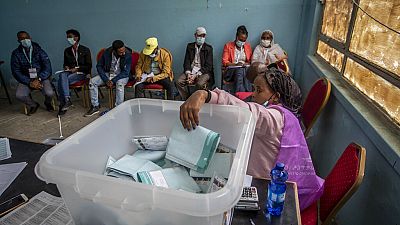

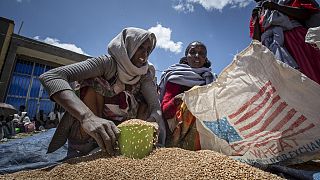
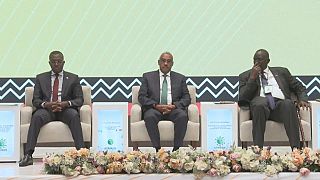
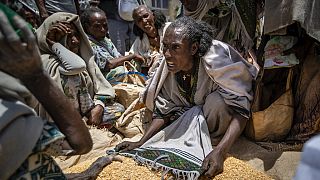


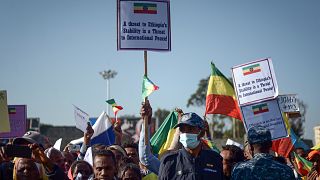



Go to video
Nigeria: Tinubu denies one-party plan after he's accused of clamping down on opposition
02:24
Celebration and protests: Nigeria marks 26 years of uninterrupted democracy
01:14
Mali: Assimi Goita could soon be president until 2030 - without an election
01:06
Nigeria scraps controversial bill making voting mandatory
01:02
Tidjane Thiam Confirmed as PDCI President by Ivorian Court
Go to video
Mali’s military government suspends all political activities